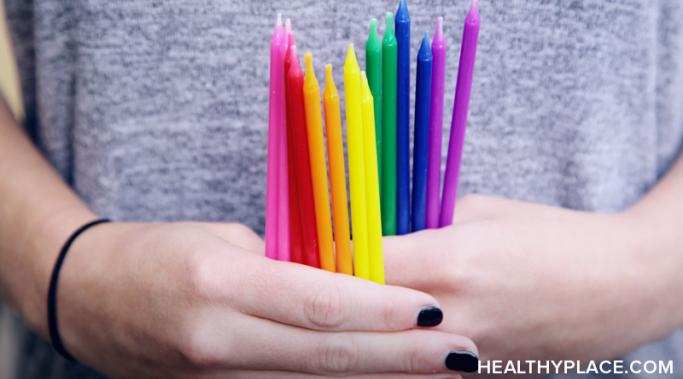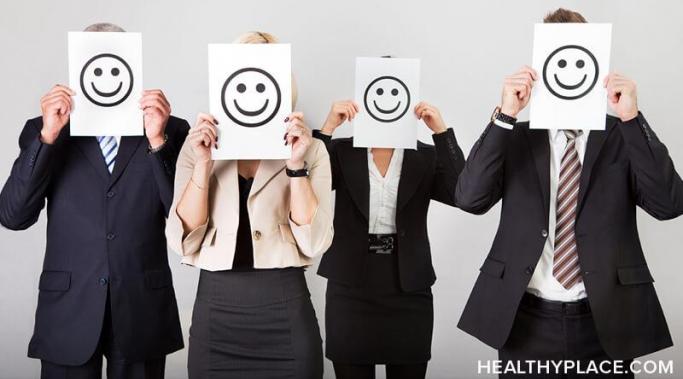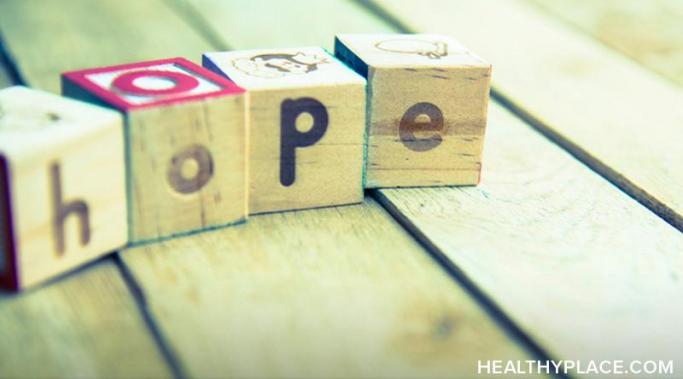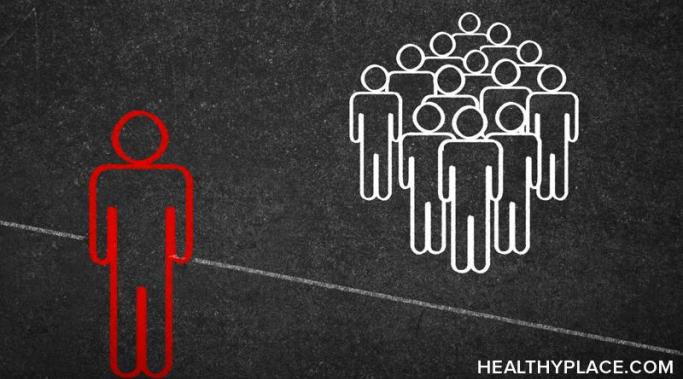Saying goodbye is never easy, but it is crucial because everything ends. After writing for three years for "Work and Bipolar or Depression," my journey has taken a bittersweet turn. This is my last post about work and depression, and I want to express my gratitude to team HealthyPlace and my readers.
Work and Depression
June is Pride Month, a time that People.com describes as "an entire month dedicated to the uplifting of lesbian, gay, bisexual, transgender, queer, etc. (LGBTQ+) voices, a celebration of LGBTQ+ culture and the support of LGBTQ+ rights." Like me, you have probably noticed various organizations post about the event on social media to showcase their solidarity. However, putting up rainbows online is often a move to appear progressive. Workplaces need to put in work every day to make a change. Because even today, queer employees are widely discriminated against at work -- to the extent that it harms their mental health.
Here's the thing: depression is a mood disorder that impacts all areas of one's life. I am not saying this to be dramatic or bleak. All I am doing is stating a fact as a 31-year-old living with depression since the age of 13. Anyway, just as no amount of money can make up for a toxic work environment, no amount of ambition or purpose can make up for the havoc of depression. Therefore, it is crucial for people with it to redefine professional success.
When I found out that Yahoo Answers shut down forever on May 4, 2021, I felt like a dear friend had passed away. After all, the platform helped me figure out my purpose when I was depressed, and life made no sense whatsoever.
I believe there is nothing unprofessional in being honest about your mental health at work. Since emails are an official means of communication in workplaces everywhere, employees should ensure they are real. Of course, the onus is on the employer because anyone in a mental health-unfriendly organization will hesitate to disclose mental health issues. But this does not mean employees are powerless. And in a pandemic world, where more and more people are suffering from conditions like depression, genuine emails are crucial.
As a 2014 graduate, I believed that finding a reasonably good workplace was difficult, not impossible. Thanks to reviews on websites like Glassdoor and Quora, one could figure out if a workplace was healthy or not. One could even reach out to employees via LinkedIn or email if they wanted to be doubly sure. Today, I think these are no longer reliable ways to assess an organization. I now believe that there is no way to know how a company is beforehand. One has to work there first.
In my previous post, I wrote about working less to cope with a surge in depression. Soon after, I realized that I was not only more depressed than usual, but I was also experiencing severe burnout. In fact, I have never burned out to such a degree in my life, and honestly, it's terrifying. But now that I have a potent cocktail of burnout and depression to deal with, I have strengthened my resolve to rest well.
I'm overwhelmed and lonely, and depression is but one cause of it. Can you believe the state of the world right now? If you thought everything was falling apart when COVID-19 emerged, it's infinitely worse today. One would think that humans would be a more peaceful species in the middle of a deadly pandemic. Sadly, that's not the case.
Sometimes, it is impossible to function due to depression, let alone be productive. While many of us will try to push through such a period, this month showed me that it's okay to give in to depression and just be. Sometimes, depression takes over.
You might count yourself lucky if you have a job, the work is fine, and the pay is decent. But then there is a problem that's hard to ignore: You don't fit in because you are depressed. You feel like the odd one out, the black sheep at work. Here are some things you can do to help yourself.









